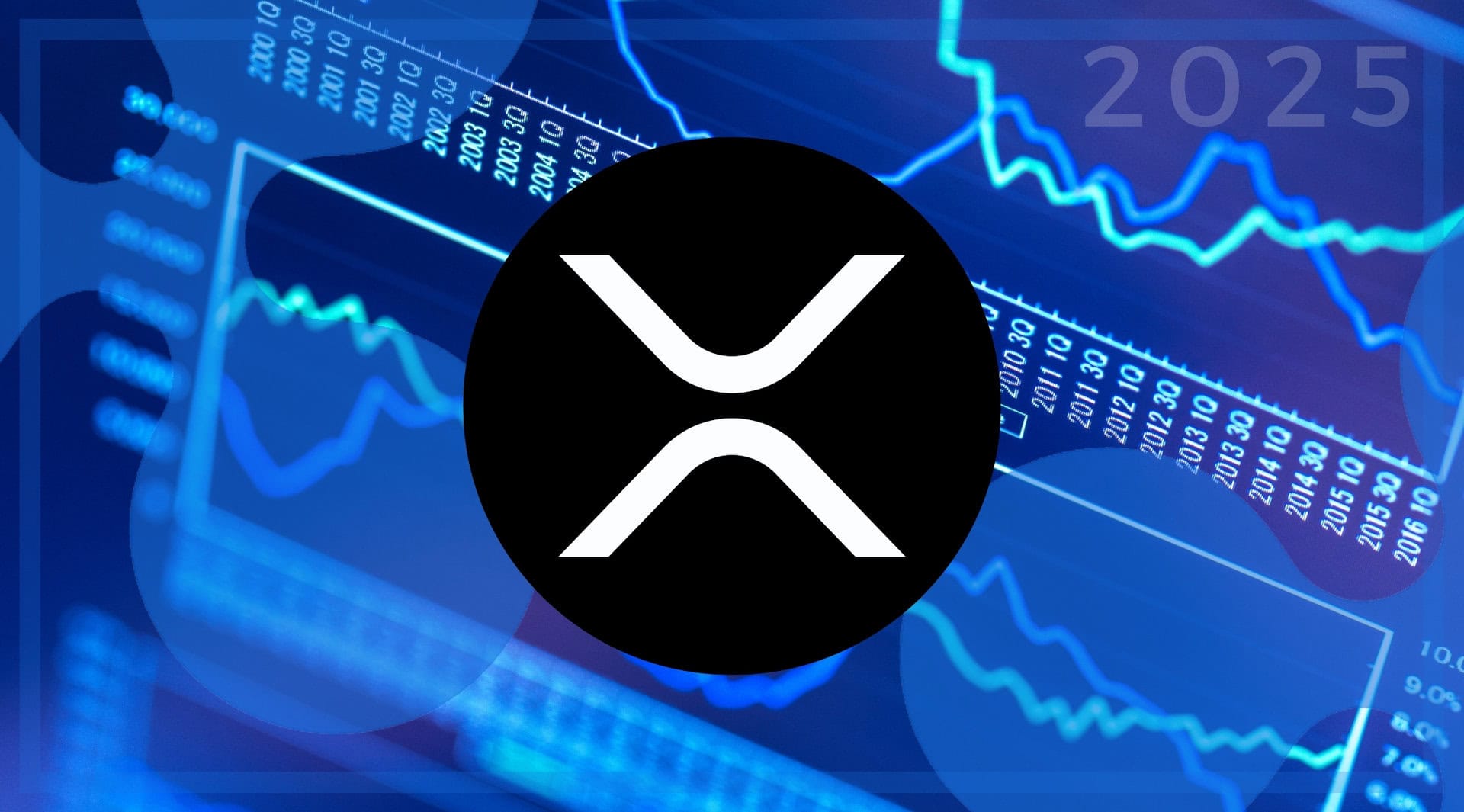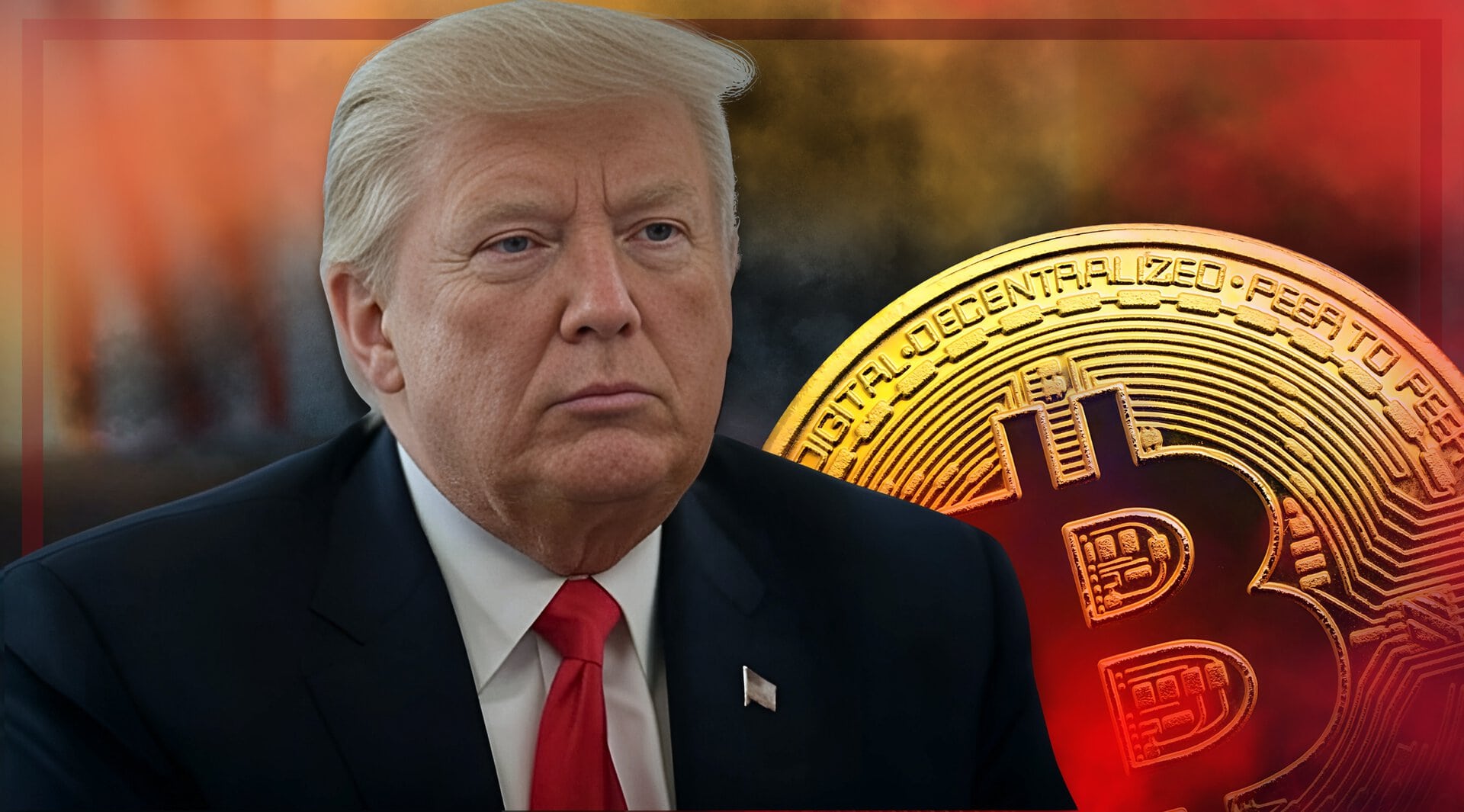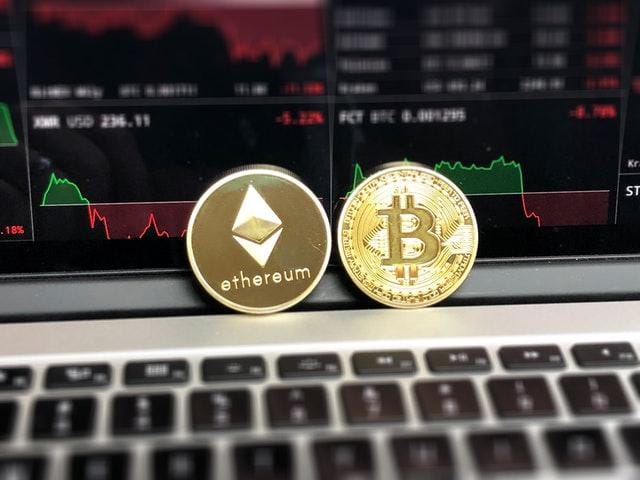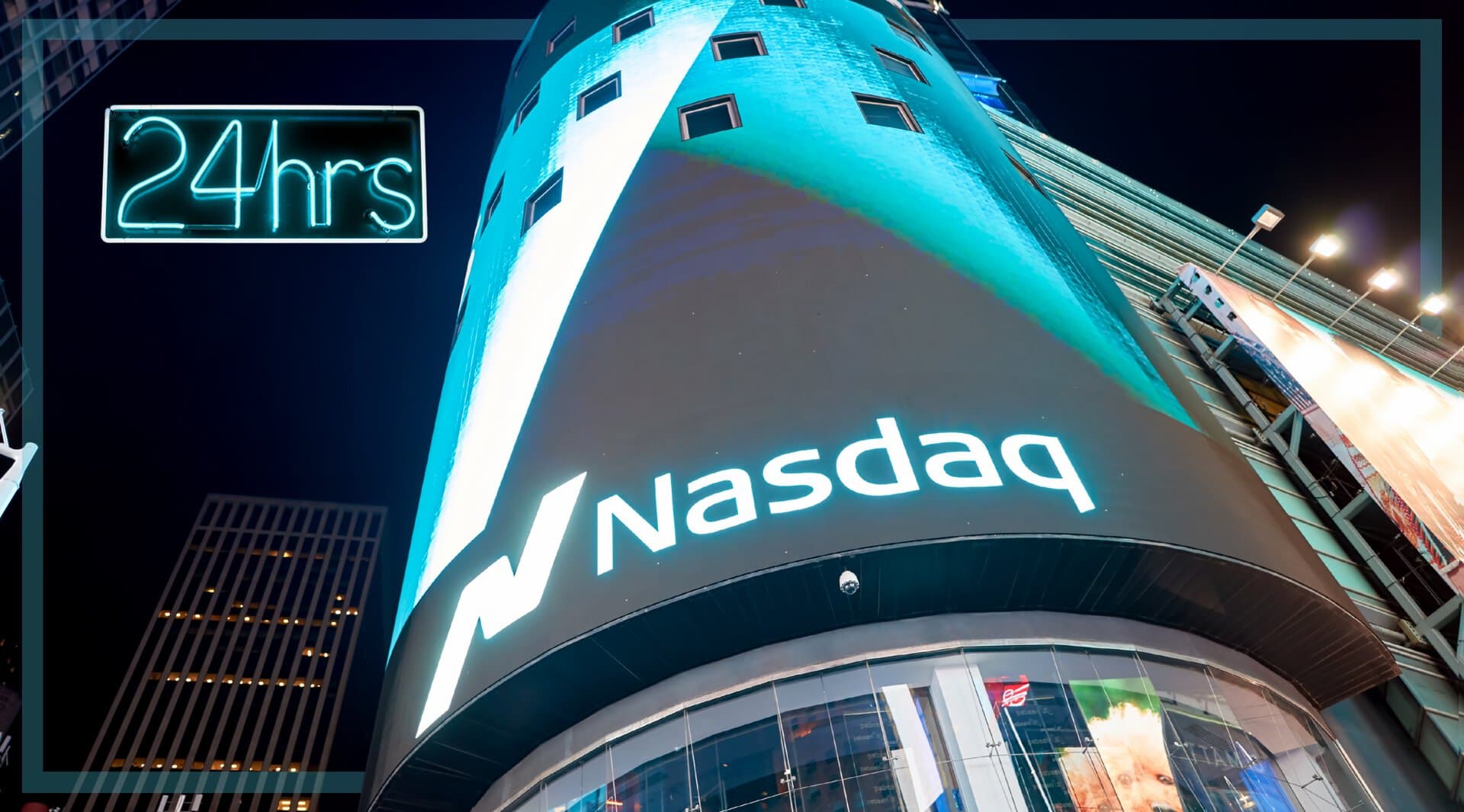A recent joint lawsuit by Texas-based company Beba and the DeFi Education Fund (DEF) filed against the U.S. Securities and Exchange Commission (SEC) in a federal court has reignited the debate over whether crypto airdrops — free distributions of tokens or coins — constitute securities.
At the centre of the storm is Beba — a growing Waco, Texas-based clothing firm. The firm conducted an airdrop of its $BEBA token to customers for marketing purposes. However, the SEC has indicated that it may consider such airdrops to be securities offerings, which would subject them to strict regulations.
There's nothing about the crypto securities markets that suggests that investors & issuers are less deserving of the protections of our securities laws.
— Gary Gensler (@GaryGensler) June 12, 2023
Congress could have said in the 1930s that the securities laws applied only to stocks & bonds.
For more, read my remarks:
The SEC’s position is clear: It claims that all digital assets qualify as securities, invariably implying that airdrops, the practice of distributing free tokens, fall under securities law.
The SEC says that when companies give away free tokens, it’s like offering a part of the company, just like stocks, and the companies should follow the same rules as if they were selling shares.
This interpretation has led to increased scrutiny and enforcement actions against token creators.
The Lawsuit’s Arguments: Airdrops Are Non-Securities
There is a lot of noncompliance in the crypto space. It undermines confidence when so many people have been hurt and all they can do is stand in line in the bankruptcy court. Further, this can make it hard for the good faith actors to compete. pic.twitter.com/9L1WKa4R6S
— Gary Gensler (@GaryGensler) December 21, 2023
Owing to these targeted “enforcement actions,” DEF, a nonpartisan research and advocacy group in the DeFi space, has partnered with Beba LLC to fight the SEC’s stance in an offensive move.
Although the SEC hasn’t sued Beba yet, the company is taking advantage of her Declaratory Judgment Act rights. This law permits a party to ask a court to decide on a legal issue before they get indicted if they have a good reason to believe they might be unfairly targeted.
This is the second time in the crypto industry’s history that a firm is directly acting instead of the usual reactionary response to the federal regulator’s lawsuits. The first lawsuit filed against the agency was in February by LEJILEX — a digital asset company, with Crypto Freedom Alliance of Texas (CFAT), a nonprofit trade association that advocates for the responsible development of digital asset policies in Texas, as co-plaintiff over the “unlawful targeting of digital assets.”
A tweet on DEF’s official X (ex-Twitter) handle on March 25, 2024, read in part:
“Together with Beba, DEF seeks a declaration from the Court that the SEC violated the Administrative Procedure Act when they adopted their policy that nearly all digital assets themselves are investment contracts and nearly all digital asset transactions are securities transactions.”
They’re also asking the court to hold the federal agency to the APA — a law that governs how rules are developed and issued by the Feds on account of violation.
7/ On the second claim, DEF joins Beba in asking the court to hold the SEC to the APA, which “tells agencies that when they make new rules, they must do so openly, clearly, and with the benefit of public input.” pic.twitter.com/4sUXZdfTRh
— DeFi Education Fund (@fund_defi) March 25, 2024
The lawsuit argues that $BEBA’s airdrop does not qualify as a security for these two main reasons:
- No Investment of Money:
Both parties argue that, unlike traditional securities, there’s no financial investment involved in receiving an airdrop — this being a standard component of the Howey Test used to determine if an asset is a security. Users don’t pay for the tokens; they are distributed for free to perform simple tasks. Thus, the $BEBA token is not an “investment contract”.
- No Common Enterprise:
Furthermore, the Howey Test, a legal framework used to determine if an asset is a security, considers the presence of a “common enterprise.” In an airdrop, there’s no expectation of profits based on the efforts of Beba or any other entity. Users are not actively involved in any project that would increase the token’s value.
Transparency and Regulation
This is not the first time the SEC has labeled an airdropped token like $BEBA as securities. In the past, it has primarily targeted specific crypto projects or companies through lawsuits or enforcement actions.
For example, Ripple, a major player in the crypto space, faced a lawsuit from the Federal Commission on December 22, 2020, which alleged that Ripple conducted a $1.3 billion unregistered securities offering through the sale of XRP — the native cryptocurrency token of Ripple.
However, Ripple achieved a (partial) victory when, on July 13, 2023, U.S. District Judge Analisa Torres ruled that selling XRP on public exchanges did not violate federal securities law, but direct sales to institutional investors did fall under securities transactions. This ruling implicated Ripple for $728.9 million in sales that should have been licensed but weren’t. However, they weren’t held accountable for the other $757 million.
A huge win today – as a matter of law – XRP is not a security. Also a matter of law – sales on exchanges are not securities. Sales by executives are not securities. Other XRP distributions – to developers, to charities, to employees are not securities.
— Stuart Alderoty (@s_alderoty) July 13, 2023
Industry Experts Weigh In
Industry experts have expressed their concerns regarding the SEC’s stance.
Many experts argue that the SEC has not provided clear guidelines for crypto projects regarding airdrops. This lack of clarity can stifle innovation and create uncertainty for businesses.
House Majority Whip Tom Emmer, citing the XRP court victory declaring the token a non-securities, said, “Now let’s make it law.”
The Ripple case is a monumental development in establishing that a token is separate and distinct from an investment contract it may or may not be part of. Now, let’s make it law. 👇 pic.twitter.com/FZtO1BzfWX
— Tom Emmer (@GOPMajorityWhip) July 13, 2023
A strict regulatory approach towards airdrops could also hinder the growth of new crypto projects that utilise airdrops for marketing and community-building purposes.
Brock Pierce, Bitcoin Foundation’s chairman and co-founder of EOS Alliance, Block.one, Blockchain Capital, Tether, and Mastercoin (the first ICO), while responding to a question on the SEC policies on NFTs in May 2021, said:
“I think that worries about regulation and uncertainty do more to stifle innovation and discourage risk-taking. The innovators will always find ways to work with the regulations and work around regulations until the new regulations are created.”
This further highlights the concerns of many in the industry.
Others in the crypto community, referencing the Binance and Coinbase’s suits, have questioned the SEC’s enforcement-only approach without clear evidence or standard operating procedures (SOP).
So in SEC's complaint vs Coinbase, it states that they've been acting as an unregistered broker since 2019.
— TWP Finance (@TWPFinance) June 6, 2023
Yet…. the on April 14th, 2021 $COIN became a public company on the Nasdaq.
How on God's green earth do they possibly believe this lawsuit will ever hold up in court?… pic.twitter.com/tYyEroRN6F
Future Implications
The lawsuit is ongoing, and the court’s final decision will set a precedent for how airdrops are regulated in the US. If the court rules in favor of Beba and the DEF, it could provide much-needed clarity for crypto companies and encourage further innovation in the airdrop space.
11/ Success here is pretty straightforward.
— DeFi Education Fund (@fund_defi) March 25, 2024
If the court here rules that the SEC’s approach to crypto has violated the APA, this case would present a massive barrier to the SEC’s continued campaign of regulatory overreach. And if the court rules that $BEBA tokens are not…
However, a ruling in favor of the SEC could make airdrops much stricter, which could hurt some new crypto projects that rely on airdrops to build their community.
Looking ahead, the crypto industry is pushing for clearer regulations that balance innovation with investor protection. Everyone in the crypto world is watching this legal fight closely. The decision affects not just airdrops but the future of cryptocurrency in general. It’s a big deal because it could either open up new possibilities for how crypto tokens are shared or put more limits on them. As we wait for the court’s decision, the crypto community hopes for a result that keeps the spirit of innovation alive.
Author: Ayanfe Fakunle
#Aidrops #Crypto #Blockchain #DeFi #Texas #SEC #Regulation















